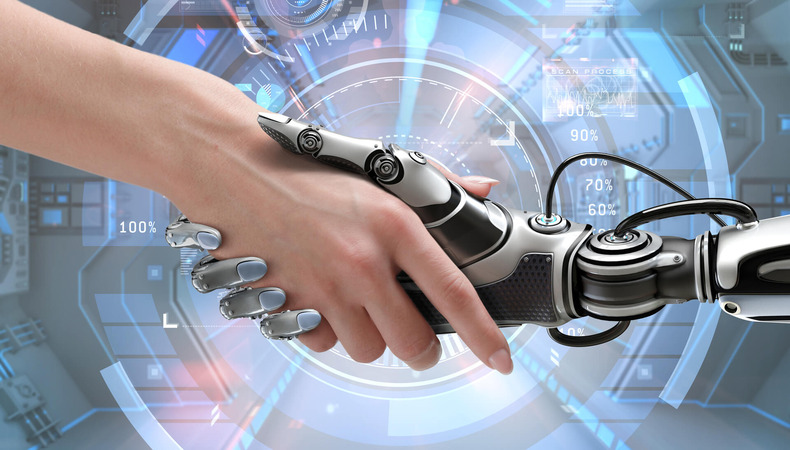AI Cannot be Named as Inventor in Patent Application: UK Court

The UK Supreme Court has ruled that AI cannot be named as an inventor in a patent application, only a person can be named. The five judges concluded that an inventor must be person, an AI cannot be named as an inventor to secure patent rights.
Dr Stephen Thaler, a technologist, was keen for his AI, called Dabus, to be recognized as the inventor of a food container and a flashing light beacon. He had applied for a patent for Dabus in 2019 but was rejected by the Intellectual Property Office, this was also backed by the High Court and Court of Appeal.
The IPO welcomed the top court’s ruling and the clarification it provided. However, the office feels that the government will keep this area of law under review to ensure that the UK patent system supports artificial intelligence innovation and the use of AI in the country.
AI is Not a Person
Lord Kitchin said the IPO was right that Dabus is not and was not an inventor of any new product or process described in the patent applications. “It is not a person, let alone a natural person and it did not devise any relevant invention. Accordingly, it is not and never was an inventor for the purpose of the 1977 act.
The UK Supreme Court judge added that the IPO was entitled to find that Thaler’s applications should be taken as “withdrawn” under patent rules because he failed to identify any person or persons whom he believed to be the inventor or inventors of the inventions described in the applications.
Thaler expressed disappointment in the court’s judgment. He believes Dabus is a conscious and sentiment form of machine intelligence. “Naturally, I feel disappointed by this decision, highlighting the ongoing clash between human and machine intelligence.” The court also rejected his argument that he was entitled to apply for patents for Dabus inventions on the grounds that he was the AI’s owner.
Keep Reading
Deepfakes Threaten US 2024 Election Campaigns
Meta End-to-End Encryption to Impact Child Safety
AI vs. Legal Judgments
A legal expert Simon Barker said the judgment raised interesting policy questions about how governments might look to change laws in the future as AI advances. He highlighted similar debates in other areas of IP rights. “Copyright in AI-generated works, for example, is the programmer of the AI the creator, or the user who is responsible for prompting the machine? And what if it really is just the machine itself; like Thaler claimed of Dabus?”
Professor Ryan Abbott, who represented Dr Thaler in the case, said the decision meant that AI, at best, can be a highly sophisticated tool that can be used by people who invent. “This affects the meaning of an inventor under UK patent law, and to be an inventor, one need not make the creative leap behind the invention, as had been previously assumed.”
He said companies who use AI to develop products will have to say they or their employees are the inventors, even when the humans involved do little else but switch on the computer.




